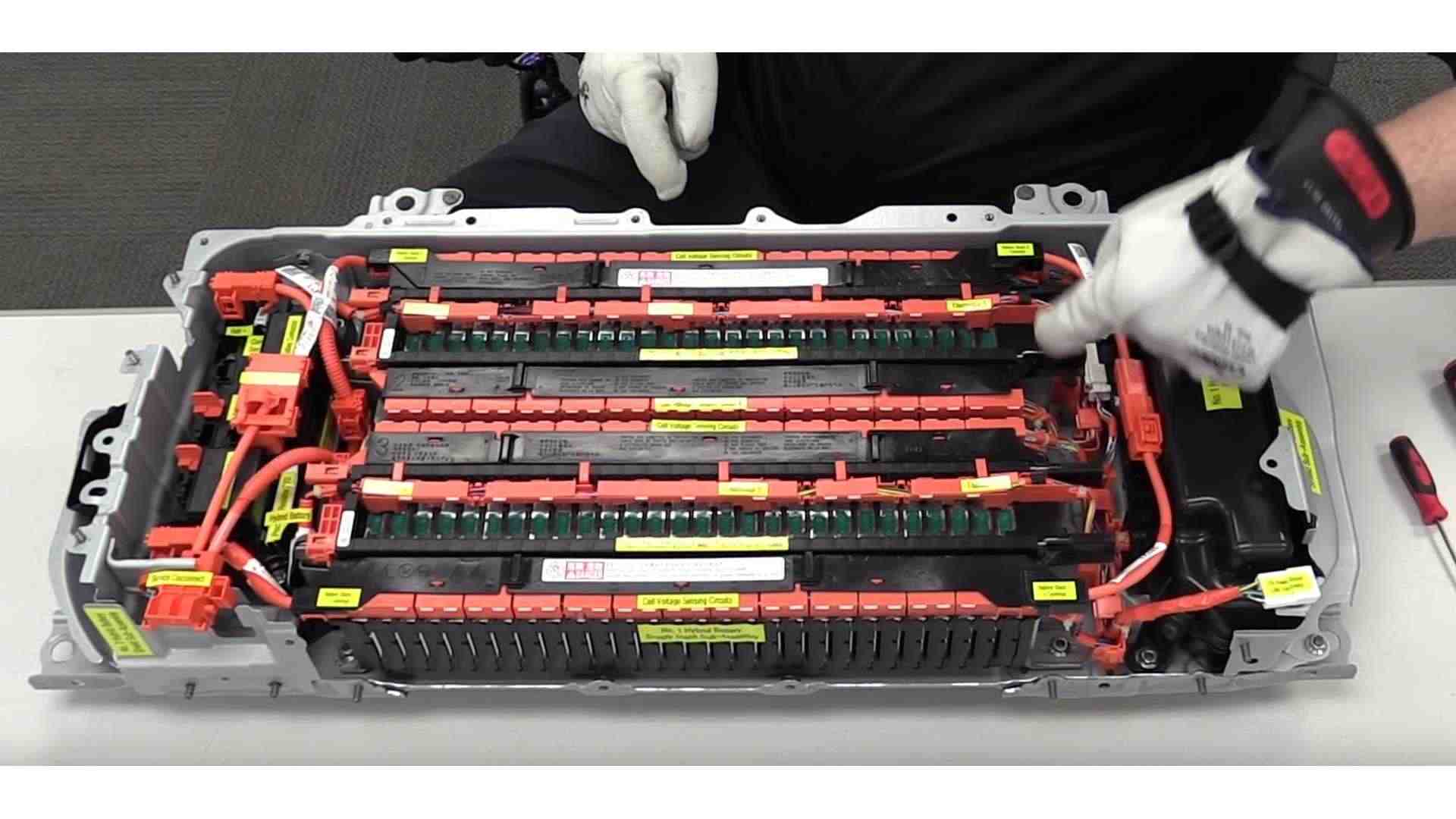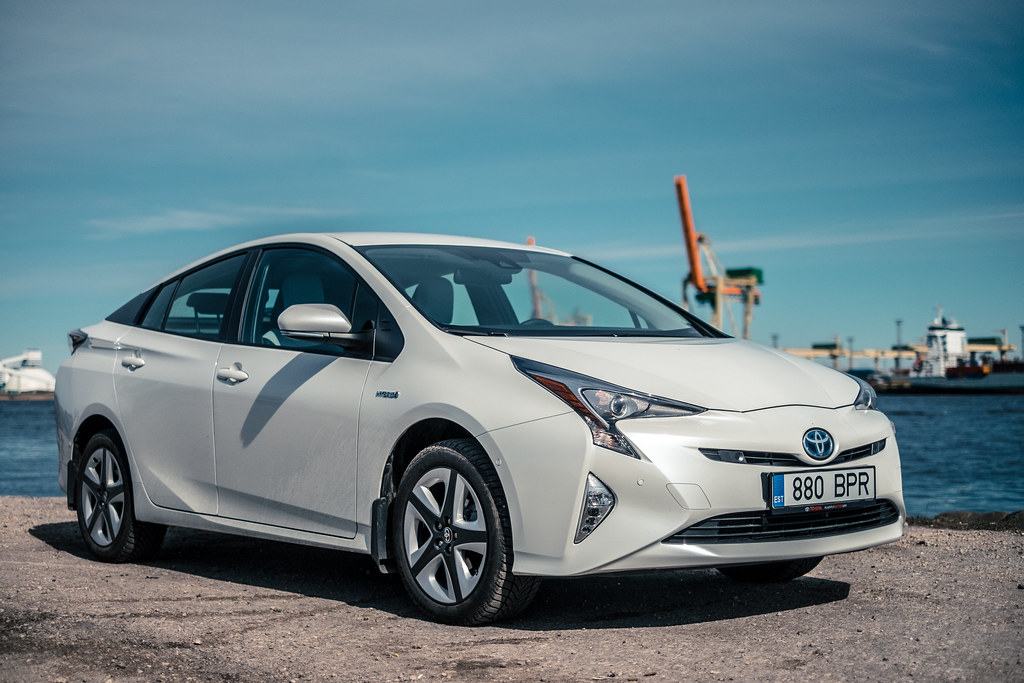How frustrating is it when your car battery dies? A dead Toyota Prius battery may not leave you stranded on the roadside but it will cripple the car for sure. Without the battery power, the car can’t run with its full power and has problems during starting and stopping.
A Toyota Prius battery may run out of power for a couple of reasons. Let’s find out what they are and how you can fix them.
Contents
What Are the Reasons for a Dead Toyota Prius Battery?
A Toyota Prius is a plug-in hybrid car that runs on traction batteries. The battery unit provides power for the motor and charges from regenerative braking. During regenerative braking, the vehicle’s motor/generator reverses upon deceleration to recharge the battery. The energy is then routed through a power electronics system that manages voltage and current flow.
A Prius battery unit is a combination of 28 nickel-metal-hydride (NiMH) batteries. Each of these batteries has six 1.2V cells. The whole unit is capable of producing 201.6V.
Despite being that powerful, a Prius battery can be dead for these reasons:
Parasitic drain
When you are not using your car, there is still a drain on the battery. This can be caused by something as simple as leaving lights or accessories on after exiting the vehicle. It may also mean that your battery has come un-wired from its connector and needs to be reattached.

Check all wiring connections under the hood. If it appears that any one of them is loose or corroded, tighten the connection or replace it with a new piece and secure it to its original position.
Dirty battery terminals
Even though you may keep your car clean on the outside, dirt and debris accumulate on the top of a battery. This can cause resistance from proper current flow from one terminal to another, preventing the transfer of adequate charge where it needs to go.
When a battery is recharged after being fully drained, it has a higher chance of failing than the one that has been maintained at a peak charge. To avoid that, you have to keep the terminals clean, so there is no interruption while charging.
Clean off all sides of your battery terminals with a stiff wire brush until they are shiny. Replace any corroded parts.
SEE MORE
- Is It Possible to Drive a Hybrid Without the Battery?
- Can You Trust the Performance of a Used Hybrid?
A glitch in the automatic light feature
Many vehicles have an automatic light feature on a timer. When you turn your vehicle off, the lights go out after a certain amount of time – usually 30 seconds or so. If this process fails to occur fully, it can leave one or more lights on and drain your car battery within just 24 hours.
Some Prius models have a glitch in the electronic system that triggers headlights in certain circumstances. As this happens automatically, you may not notice it on time.
Check all electrical components that are controlled by an automatic system, including headlights, taillights, and interior cabin lights. Make sure that the automatic light feature is in good working order, so you don’t encounter this problem again.
Conclusion
A dead Toyota Prius battery means a half-powered car that is difficult to deal with. Be careful not to initiate or repeat the actions that lead to this problem. Taking good care of it will make it last for 8 to 10 years or 100,000 to 150,000 miles, whichever comes first.



